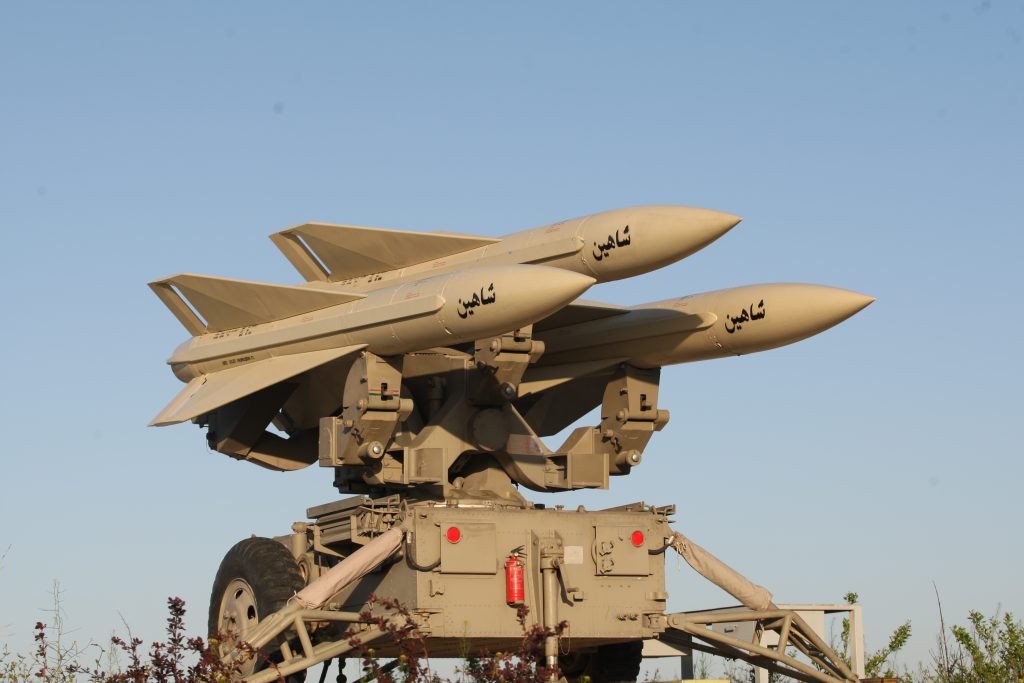Please Follow us on Gab, Minds, Telegram, Rumble, Gab TV, Truth Social, Gettr
Germany has recently come to the forefront of European countries causing escalations with Russia when it began pressuring Washington and NATO allies to send tanks to Ukraine last month. Being well aware of its precarious position with Russian President Vladimir Putin, Germany is now in a race to drastically increase its defense spending and arm itself against possible Russian attacks, including spending $18 billion on a nationwide missile defense shied.
It should be noted that less than a year ago, Germany’s military was struggling to meet its commitment to NATO and had an entire battalion of Puma tanks fail drills and be deemed unfit for action in the NATO Rapid Reaction Force (NRF). The German military is also known to be underfunded and lacking resources. Now, it’s giving away the handful of operational tanks it does have to Ukraine. The German military should be helping itself before it helps Kyiv.
As part of Germany’s recent about-face regarding its defense spending, the country is now in talks with multiple defense manufacturers to have a multi-layered, anti-missile shield built that could cost as much as €17 billion ($18.5 billion).
Specifically, the government is negotiating a contract with Bavarian-based manufacturer Diehl Defence to purchase up to 8 IRS-T anti-missile systems for a cost of €2 billion to €3 billion. The 8 IRS-T anti-missile systems are expected to be just the first layer of a more complex multi-layered system. One IRS-T battery is capable of intercepting fighter jets, inbound cruise missiles, and drones and can fire missiles that travel over 40 km.
Germany also supplied Kyiv with the first 4 IRS-T air defense systems it received in October, keeping a promise it had made with Ukraine to provide the systems to protect its cities from drone attacks. It should also be noted that Germany does not currently own any IRS-T systems.
Get gains in the gym in style with AFP Merch
Berlin is finally waking up to the realization that it has a woefully inadequate military. While Chancellor Olaf Scholz is doing everything possible to increase defense spending and build up Germany’s military, it comes as concern is mounting that Russia’s war in Ukraine could spread both West and deeper into Europe. Germany’s last-minute effort to build its military up before it gets dragged into a conflict with Russia is a classic example of too little, too late.

























